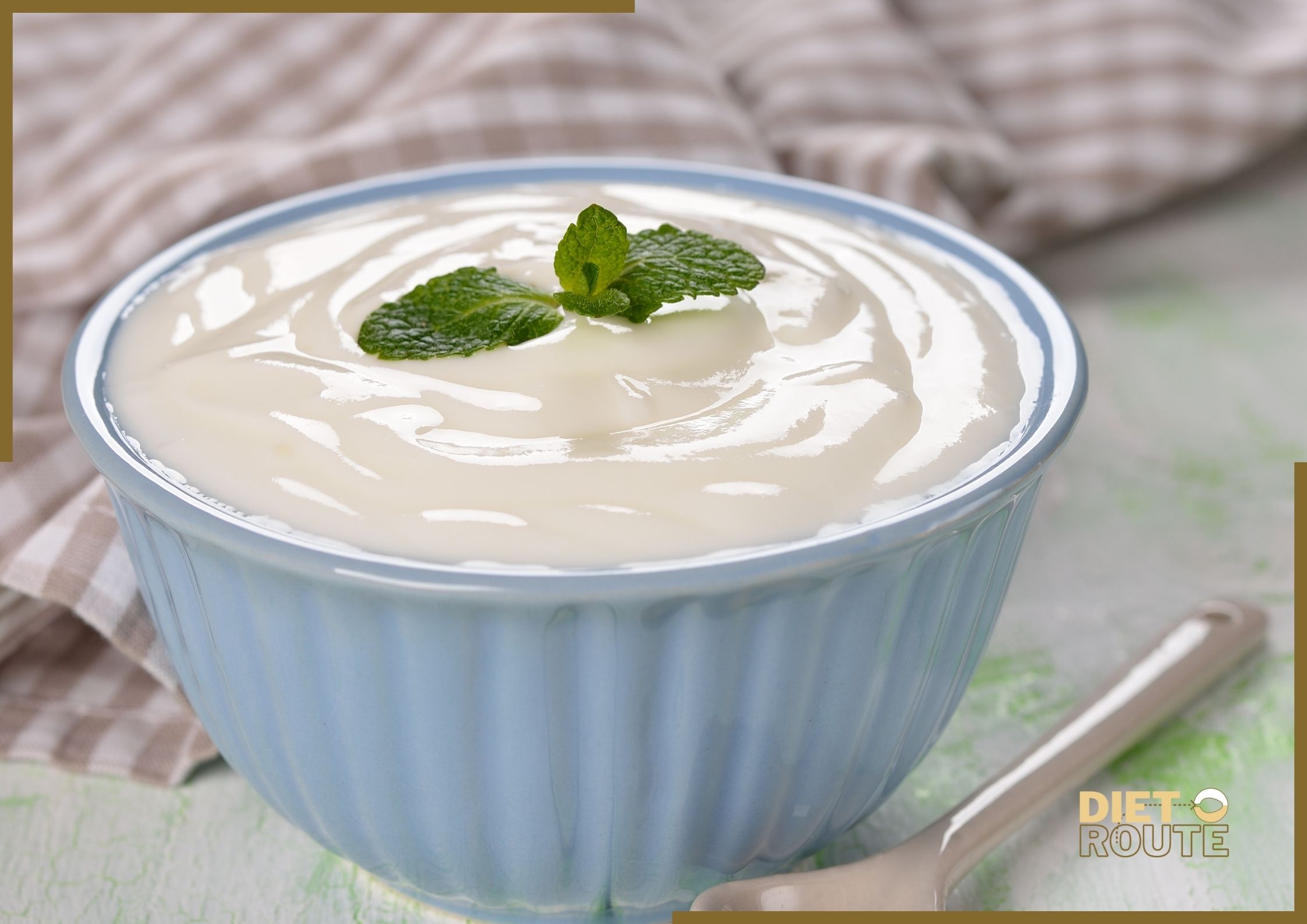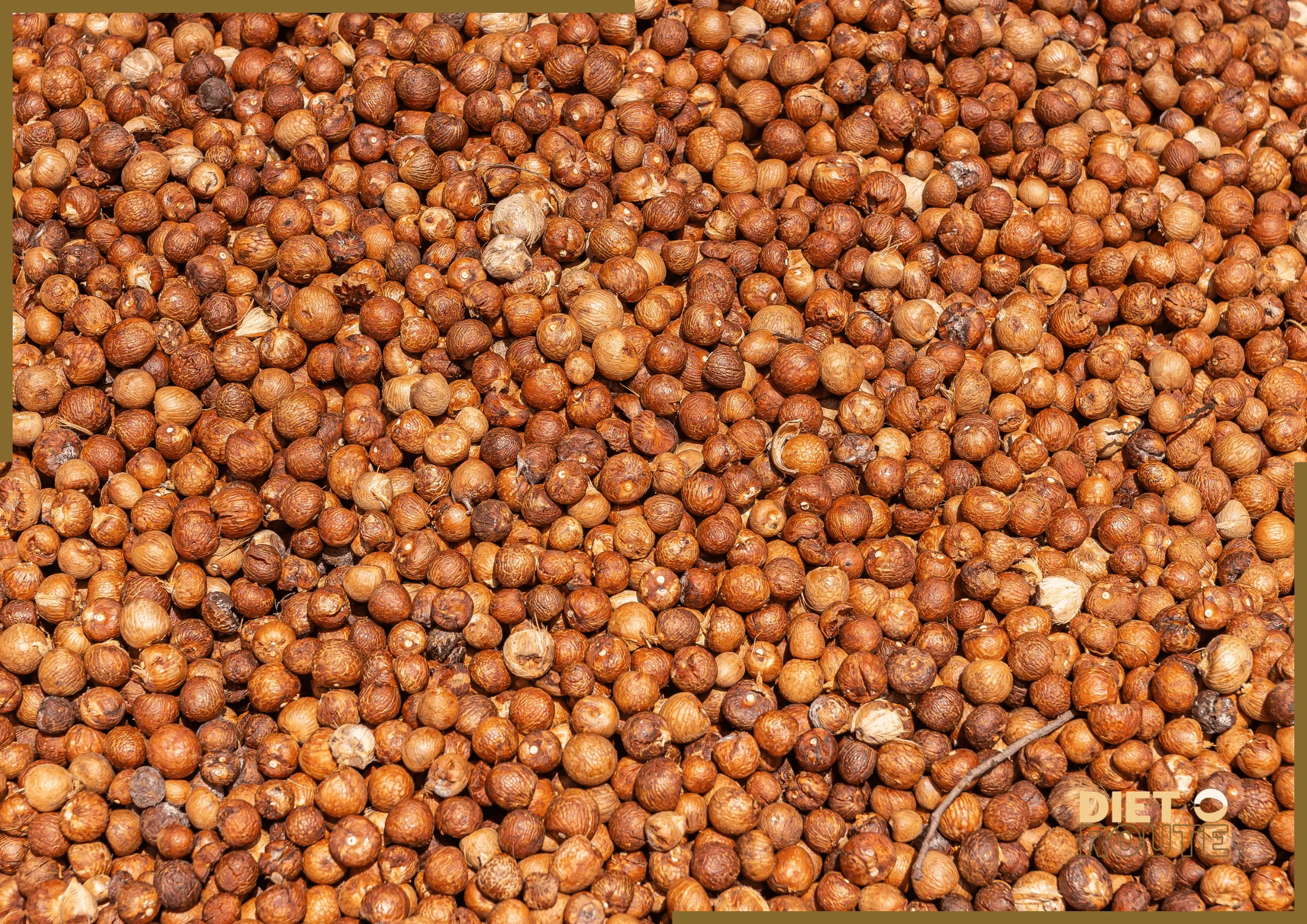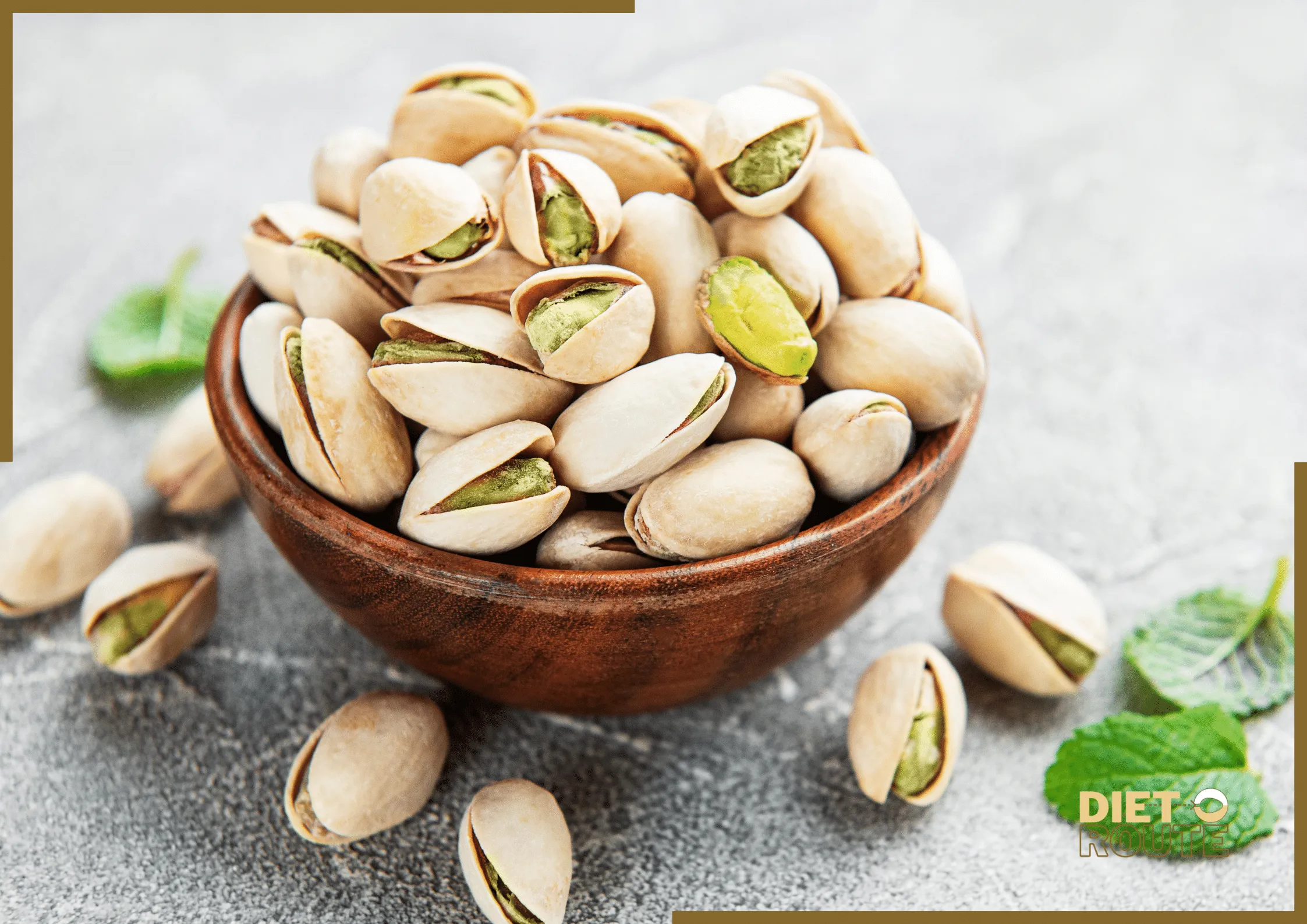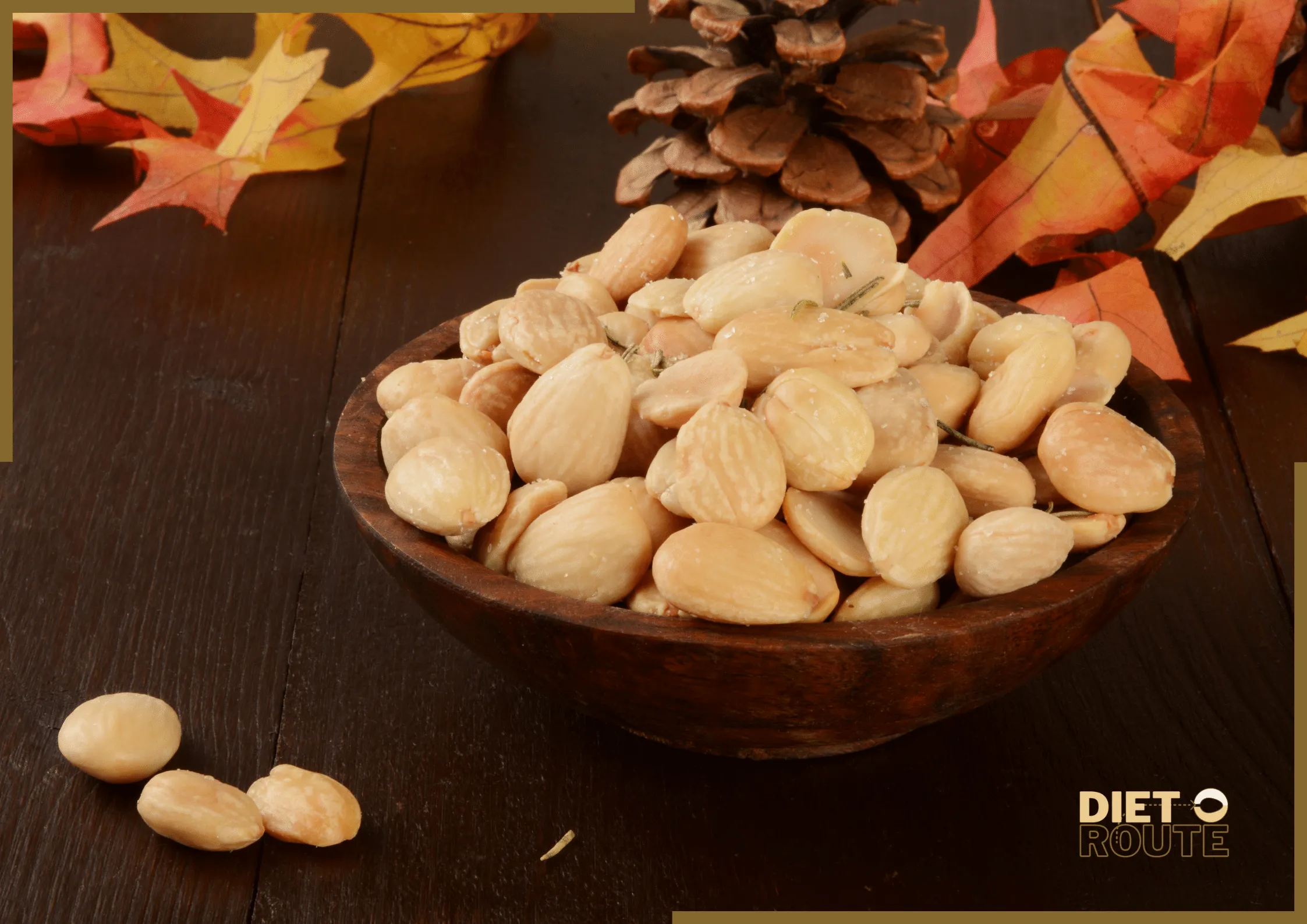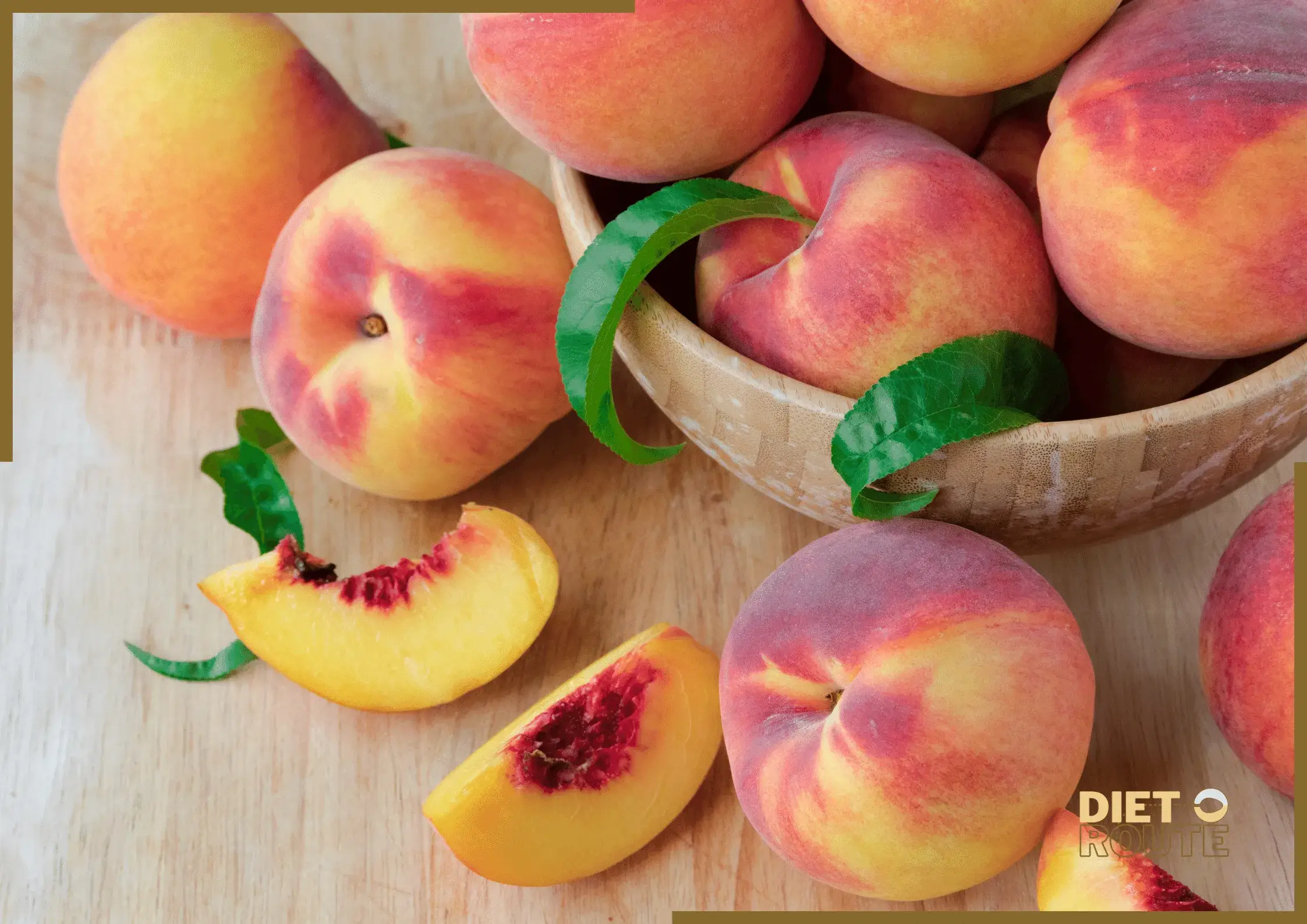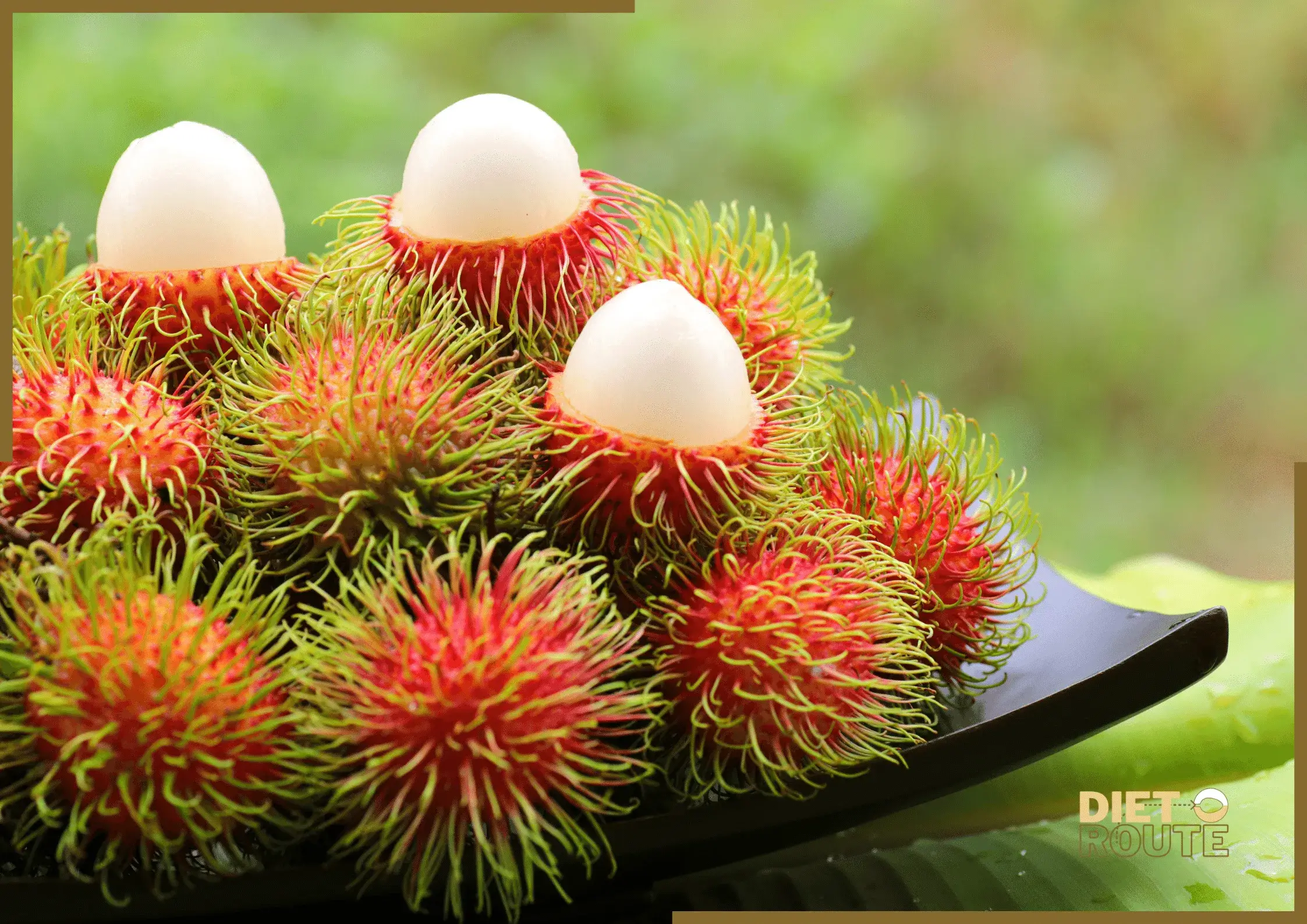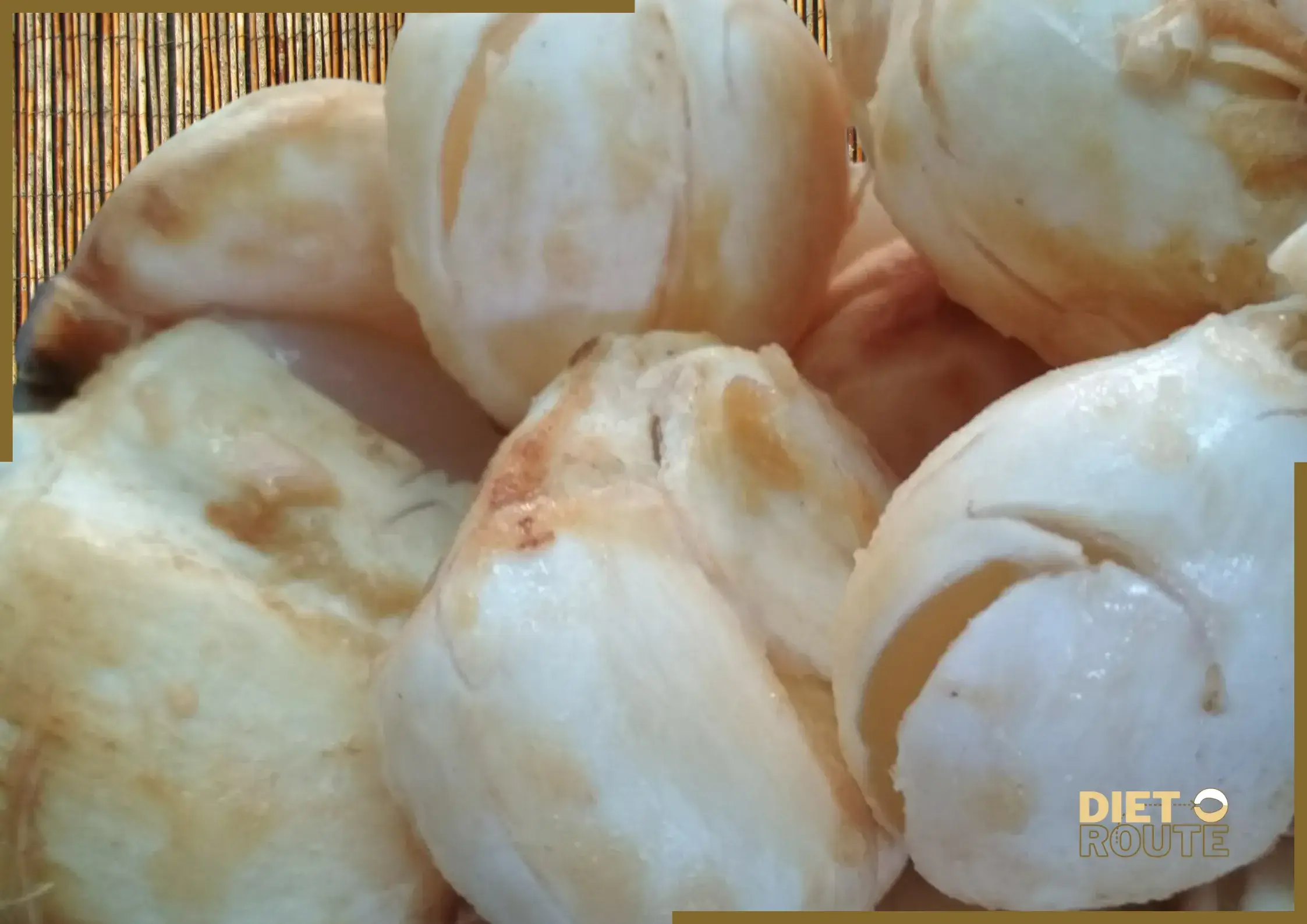Table of Contents
Introduction
Turkey is a popular type of poultry meat that is known for its rich taste as well as its versatility in a variety of dishes. In addition to being tasty, it is good for your health and a good source of important nutrients. In this article, we will talk about the nutritional contents of different parts of turkey, such as the whole turkey, turkey breasts, turkey legs, and turkey wings. You can make more informed choices about adding to your diet by being aware of its nutritional content.
Nutritional Value Approximately 100g
The values provided are approximate can vary depending on the size and quality.
Whole Turkey
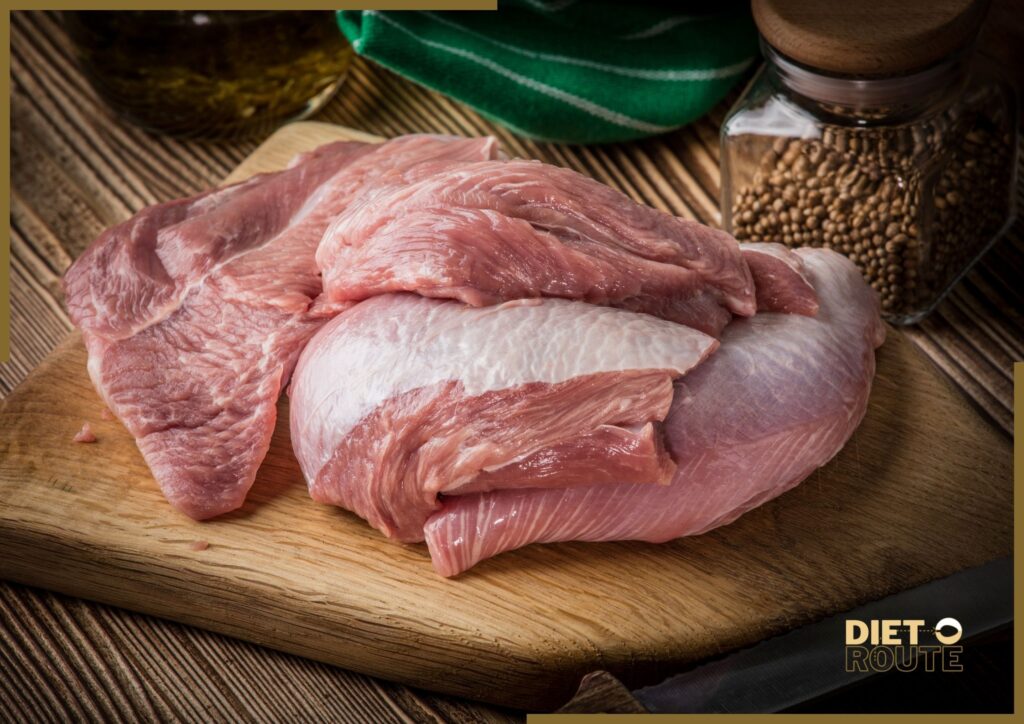
| Nutrient | Amount Per Serving | % Daily Value |
|---|---|---|
| Calories | 150 | 8% |
| Total Fat | 8g | 10% |
| – Saturated Fat | 2g | 10% |
| – Trans Fat | 0g | |
| Cholesterol | 80mg | 27% |
| Sodium | 80mg | 3% |
| Total Carbohydrates | 0g | 0% |
| – Dietary Fiber | 0g | 0% |
| – Sugars | 0g | |
| Protein | 19g | 38% |
| Vitamin D | 1mcg | 6% |
| Calcium | 20mg | 2% |
| Iron | 1.3mg | 7% |
| Potassium | 180mg | 4% |
Turkey Breast
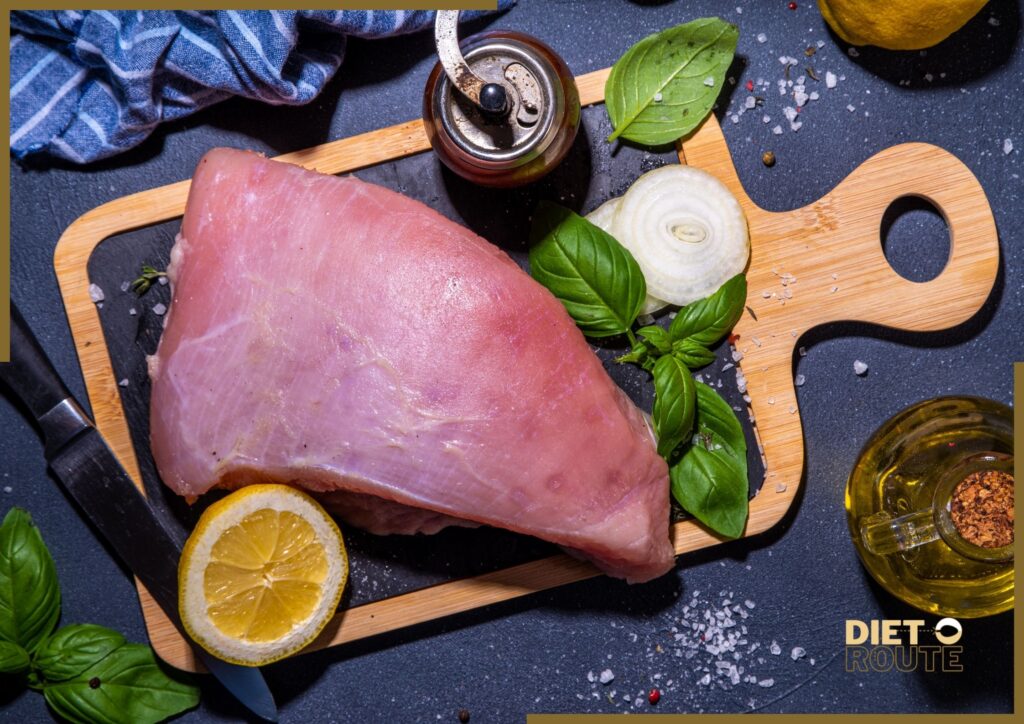
| Nutrient | Amount Per Serving | % Daily Value |
|---|---|---|
| Calories | 120 | 6% |
| Total Fat | 1.5g | 2% |
| – Saturated Fat | 0.5g | 3% |
| – Trans Fat | 0g | |
| Cholesterol | 60mg | 20% |
| Sodium | 40mg | 2% |
| Total Carbohydrates | 0g | 0% |
| – Dietary Fiber | 0g | 0% |
| – Sugars | 0g | |
| Protein | 26g | 52% |
| Vitamin D | 0.4mcg | 2% |
| Calcium | 10mg | 1% |
| Iron | 0.9mg | 5% |
| Potassium | 300mg | 6% |
Turkey Legs
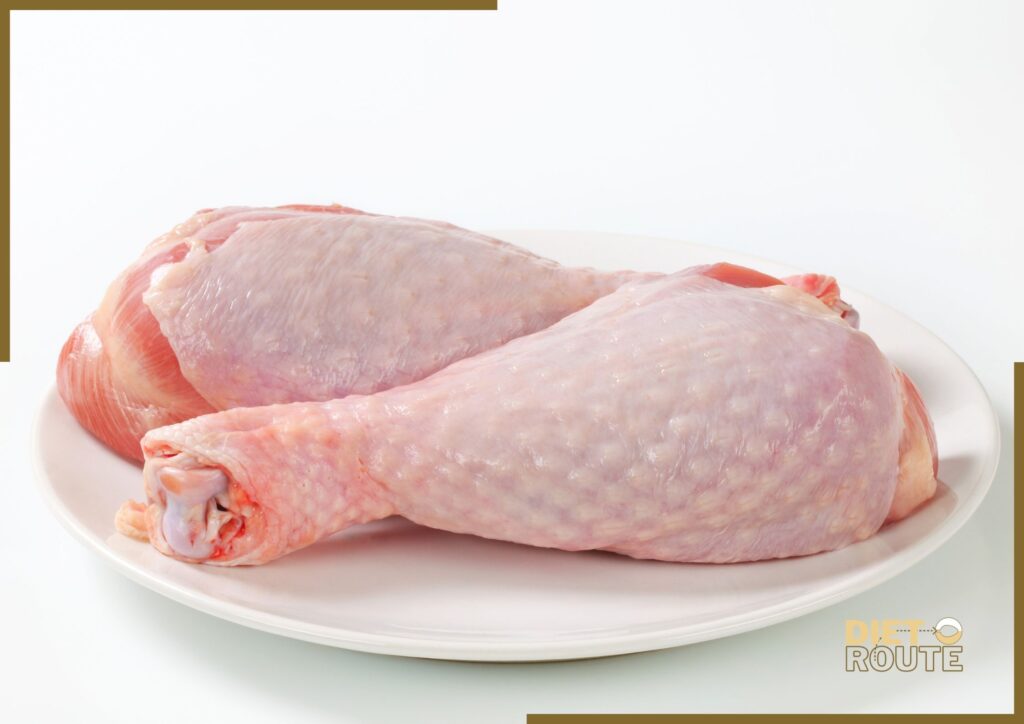
| Nutrient | Amount Per Serving | % Daily Value |
|---|---|---|
| Calories | 190 | 10% |
| Total Fat | 9g | 12% |
| – Saturated Fat | 2.5g | 13% |
| – Trans Fat | 0g | |
| Cholesterol | 110mg | 37% |
| Sodium | 190mg | 8% |
| Total Carbohydrates | 0g | 0% |
| – Dietary Fiber | 0g | 0% |
| – Sugars | 0g | |
| Protein | 24g | 48% |
| Vitamin D | 0.2mcg | 1% |
| Calcium | 20mg | 2% |
| Iron | 1.5mg | 8% |
| Potassium | 340mg | 7% |
Turkey Wings
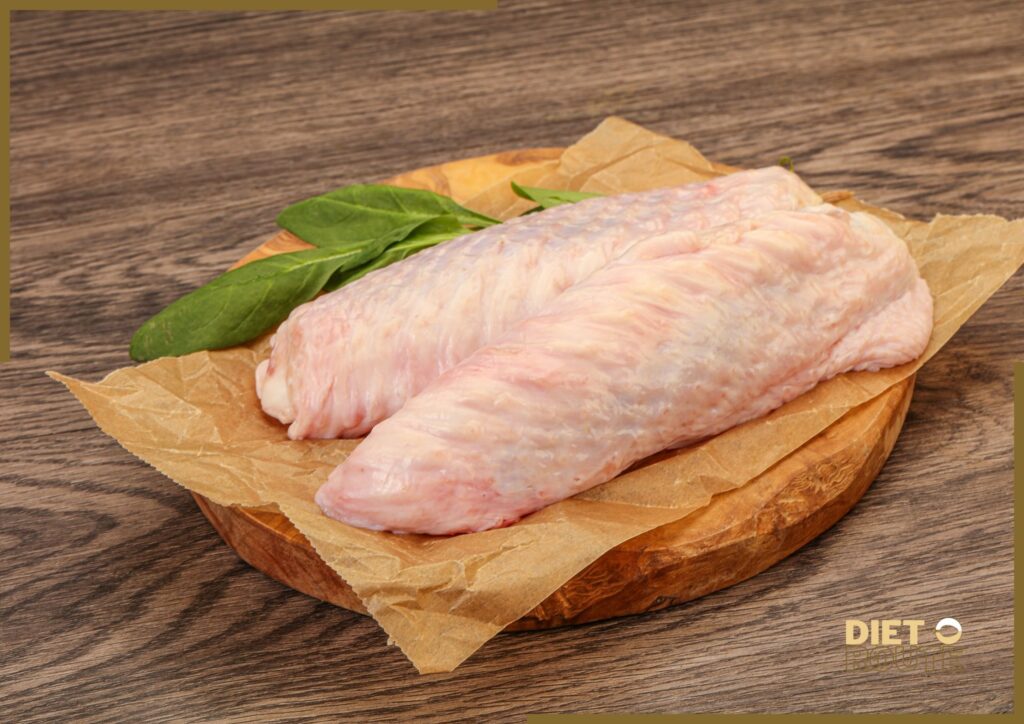
| Nutrient | Amount Per Serving | % Daily Value |
|---|---|---|
| Calories | 230 | 12% |
| Total Fat | 15g | 19% |
| – Saturated Fat | 4g | 20% |
| – Trans Fat | 0g | |
| Cholesterol | 80mg | 27% |
| Sodium | 240mg | 10% |
| Total Carbohydrates | 0g | 0% |
| – Dietary Fiber | 0g | 0% |
| – Sugars | 0g | |
| Protein | 23g | 46% |
| Vitamin D | 0.1mcg | 1% |
| Calcium | 30mg | 2% |
| Iron | 1.7mg | 9% |
| Potassium | 230mg | 5% |
Pros
1. High Protein Content:
It is a rich source of lean protein, which is essential for building and repairing muscles.
2. Nutrient-Rich:
It has a lot of vitamins and minerals in it, like vitamin B6, vitamin B12, zinc, and selenium.
3. Low in Fat:
It is low in fat, especially if you choose options without the skin.
4. Versatile:
It can be cooked in many different ways and used in many different dishes, which makes it a flexible item in the kitchen.
Cons
1. Allergies:
Some people may have turkey meat allergies or intolerance.
2. High in sodium:
Processed products can be high in sodium, so it’s important to choose low-sodium options.
3. Additives:
Some products may have additives like preservatives, flavor enhancers, or fillers, so it’s important to read labels and choose the least processed options.
Frequently Asked Questions (FAQ)
1. Is turkey a good protein source?
Yes, it is a great source of protein that is low in fat.
2. Can turkey be part of a healthy diet?
Yes, it is a healthy part of a well-balanced diet.
3. Is turkey high in cholesterol?
It is relatively low in cholesterol when compared to other foods.
4. Can turkey help you lose weight?
It’s high protein content and low fat content can help you reach your weight loss goals.
5. Are there any risks to eating turkey?
Turkey that is raw or not cooked thoroughly can make you sick. Cooking well is essential.
6. Can turkey be included in a low-sodium diet?
Yes, as long as low-sodium options are chosen or is prepared with the least amount of salt possible.
7. Is it better to choose organic turkey?
Organic ones doesn’t have any additives, but its nutritional value is the same as that of turkey raised in other ways.
8. Can turkey be included in a gluten-free diet?
Fresh, unprocessed ones is naturally gluten-free, but it’s important to check for gluten-containing additives in processed turkey goods.
9. What are some ways to cook turkey that are good for you?
Cooking without the skin on the grill, in the oven, or in the oven can help keep it healthy.
10. Can turkey be part of a well-balanced meal for a vegetarian or vegan?
No, it is not good for veggie or vegan diets because it is made from meat.
In A Nut Shell
Turkey is a tasty and healthy meat that can be an important part of a healthy diet. It’s a good source of protein, vitamins, and minerals, and it has a low amount of fat. You can make informed decisions about including in your meals by learning about the nutritional contents of various parts of turkey, such as the whole bird, turkey breasts, turkey legs, and turkey wings. Remember to choose lean cuts, avoid too much salt, and cook turkey the right way to get the most out of it while minimizing any possible downsides.

